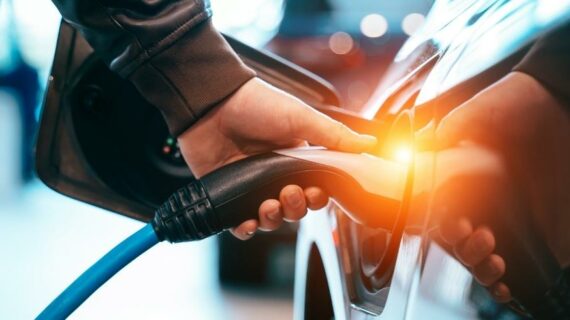As electric cars become more prevalent due to their environmental benefits, such as reduced emissions and lower carbon footprints, questions arise about whether the process of settling accidents differs from those involving traditional vehicles. The core elements of arriving at a settlement remain generally consistent across both electric and traditional car accidents. Factors such as driver behavior, road conditions, and damage assessments play crucial roles regardless of the vehicle type.
However, there are unique considerations when electric cars are involved. Technical aspects, like battery integrity and the complexity of repairs, can influence discussions and outcomes. Individuals engaged in such cases should be aware of these differences.
Legal professionals might also approach these cases with additional nuances. Understanding the specifics of electric vehicle mechanics might require specialized knowledge. This insight is valuable in making informed decisions in crafting or negotiating settlements.
Comparing Electric and Traditional Car Accident Settlements
Differences exist between settlements for electric car accidents and those involving traditional vehicles. Various factors, including the technology involved and the evaluation of damages, influence these differences. Lawyers play a critical role in navigating the specifics of each type of case.
Factors Influencing Accident Settlements
Several key factors impact electric and traditional car accident settlements. One major aspect is the vehicle type. Electric cars often feature advanced technology, which can affect liability and settlement negotiations.
Insurance coverage also comes into play. Some insurers might have different policies for electric vehicles, potentially influencing the amount of compensation awarded.
Lastly, repair costs can differ. Electric vehicle repairs might be more costly due to specialized components, impacting final settlement amounts.
Evaluation of Damages and Compensation
The evaluation process for damages in car accidents involves analyzing repair costs, medical expenses, and other financial impacts. Electric vehicles may involve higher repair expenses due to their unique parts and technology. These costs can affect the compensation amount.
Medical expenses, lost wages, and pain and suffering are common factors considered in both types of settlements. The nature of the accident and the severity of injuries are crucial.
Compensation assessment often requires detailed documentation of damages, making accurate and comprehensive records essential in supporting claims.
Role of Car Accident Lawyers in Settlements
Car accident lawyers are vital in achieving fair settlements for clients, whether the case involves an electric or traditional vehicle. They understand the nuances that might arise in negotiations.
Lawyers in Indianapolis, for example, are familiar with local insurance policies and regulations. Professional representation ensures claimants receive fair compensation while navigating the complexities of vehicle-specific legal challenges. Skilled lawyers work diligently to protect their clients’ rights and secure appropriate settlement terms.
Understanding the nuances of policies helps Car Accident Case clients make informed decisions and ensures they receive adequate compensation. Specialized coverage might be necessary, adding layers of complexity to insurance claims in electric vehicle accidents.
Legal Considerations in Electric Car Accident Cases
Electric car accident cases present distinct legal challenges compared to traditional vehicles. Factors such as assessing liability and unique litigation aspects play crucial roles.
Assessing Liability and Contributory Negligence
Determining liability in electric car accidents involves specific considerations. Vehicle automation levels and the integration of advanced driver-assistance systems can influence the attribution of fault. Typically, liability arises from negligence, but with automated features, manufacturers or software developers may be involved.
Contributory negligence remains a pivotal factor. Drivers might still be deemed partially responsible if the technology was improperly utilized or overridden. In some jurisdictions, contributory negligence can reduce the settlement amount. Legal professionals often examine the interaction between technology and human error.
Witness statements, accident reconstructions, and expert testimony are key components. These elements are crucial for presenting a comprehensive liability case. Understanding the intricacies of these factors is essential for involved parties.
Unique Aspects of Electric Vehicle Litigation
Electric vehicles (EVs) bring unique litigation challenges. The battery systems in EVs can result in fire hazards, complicating liability determinations. Lawyers may need to investigate potential defects in battery design or construction, involving another layer of technical analysis.
Insurance policies might interpret EV incidents differently. Coverage terms can vary, especially concerning software malfunctions or cyber attacks. Legal strategies should address these insurance variables to ensure comprehensive client representation.
Additionally, EV manufacturers are often more engaged in accident investigations. They may provide data logs or remote diagnostics to clarify accident circumstances. Attorneys must be equipped to analyze this technical data, which can substantially influence legal outcomes. Understanding these unique aspects is imperative in effectively navigating EV accident cases. By tailoring strategies to account for these elements, legal representatives maximize the compensation for their clients.




